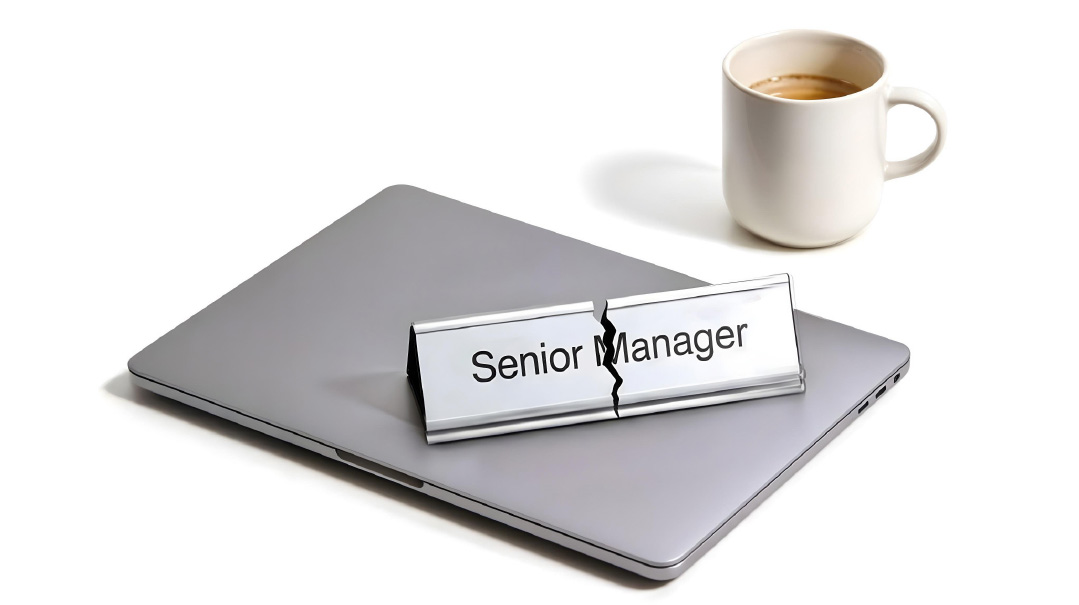Laid Low
| January 7, 2025Use your foot! You crawl on all fours to the bathroom, in tears. Use your foot?

Millions of people would envy you.
Amputees, people with MS, ALS. Stroke victims. People affected by CP; paraplegics. Car accidents, life-altering injuries. Chronic fatigue.
But then you look out the window and see people on their daily power walk, sneakers thumping the footpath — your footpath — and you slide under the covers and let yourself come undone.
No one wants to hear a pop in their foot. It’s not a sound associated with joy and happiness unless it’s coming from a bottle of champagne. And definitely not in an exercise class; that’s too ironic.
Nevertheless, that’s what you hear. Pop. It’s not even like you made a wrong move. Just a regular dance step, pop!, and searing pain.
You hobble to the side and wriggle your foot to the right and left, up and down. Not helping. Also, hugely embarrassing. Two, three minutes pass and you find yourself sitting on the stairs outside the studio, cradling your foot. It hurts.
Oops! We could not locate your form.







